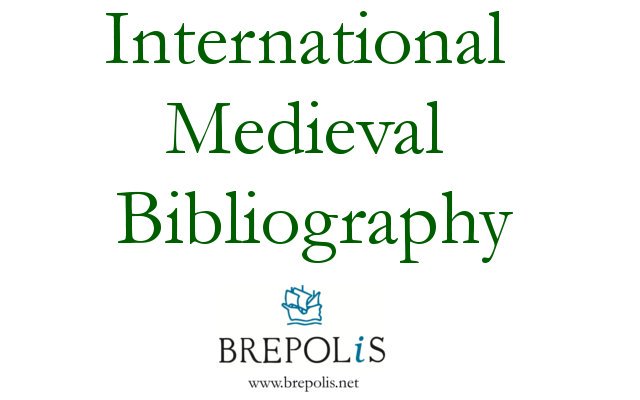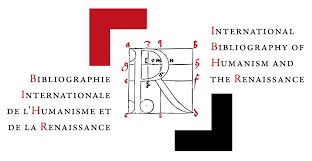The experience of phenomenological ontology in the book of Ivan Štrpka “Where the cloak, there is the wind” (2018)
DOI:
https://doi.org/10.31168/2073-5731.2020.3-4.4.08Keywords:
Modern Slovak poetry, philosophical poetry, the final book of poems, avant-garde, suprematismAbstract
Based on the material of the poetry book of one of the major modern Slovak poets — Ivan Štrpka, the article examines the features of poetics and author’s world-attitude. A hypothesis is expressed about the final character of the book “Where the cloak, there is the wind”, relying on the genre model of the final book of poems proposed by O. V. Miroshnikova. The complexity of the poetic language is due to the author’s desire to show “what cannot be seen”, to express the feeling of “empty forms”. The key words in the book are emptiness and light. The initial text in the book, which is a “long vers libre”, is analyzed in detail. The semantic dominant is defined by the allusion to the suprematism of Kazimir Malevich, whose painting “White on White” proclaims pointlessness as a condition of freedom of consciousness. Further, an empty world, “not a place”, is revealed through an attempt to articulate, produce speech and meaning. The subject of speech in the poem is fundamentally lonely — it is a “naked” consciousness, trying to realize itself. This is not a person, but a kind of pulsating point from which an attempt at speech comes. Thus, the extremely generalized form of the poetic subject is investigated, the “landscape” of the pointless space is drawn, in which the very possibility of poetry arises. Štrpka conveys the phenomenology of consciousness of the subject, trying to find himself from himself, and through himself — and the world, the “other”, conveys the effort of consciousness to give meaning to the “empty” world. The phenomenology of consciousness represented by Štrpka is comparable with the categorical apparatus substantiated in Jean-Paul Sartre philosophy. The search for self-identity in a God-given world ends with the image of a comprehensive ocean, with the rhythm of movement of which the speaker’s breathing and speech effort merge. It is concluded that Štrpka retained the role of a “lone runner” in completely new sociocultural circumstances of the first decades of the 21st century.
For citation
Grominova A., Barkovskaya N. V. The experience of phenomenological ontology in the book of Ivan Štrpka “Where the cloak, there is the wind” (2018) // Slavic Almanac. 2020. Issues 3–4. P. 423–441. DOI: 10.31168/2073-5731.2020.3-4.4.08






